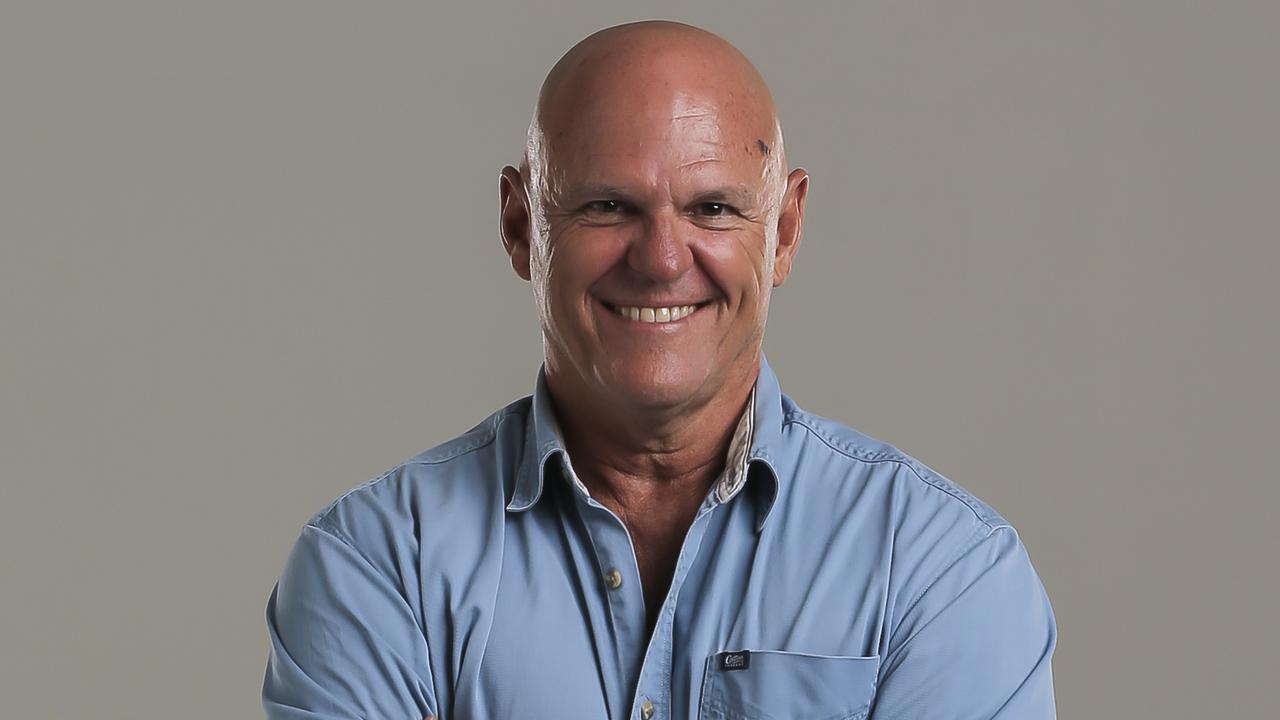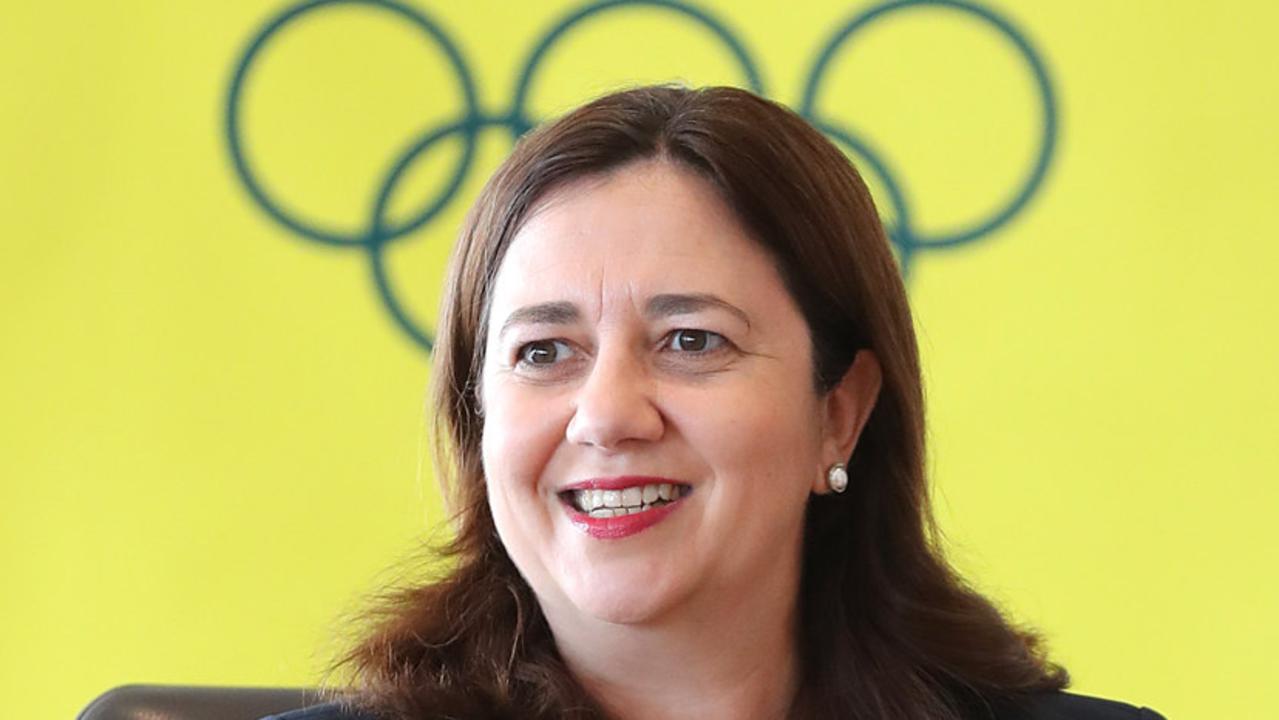Greg Inglis’ struggles are a stark reminder football dreams can turn to nightmares after retirement
The rapid fall of former NRL legend Greg Inglis is a reminder of the massive pressures faced by sports stars when they retire, writes Grantlee Kieza.
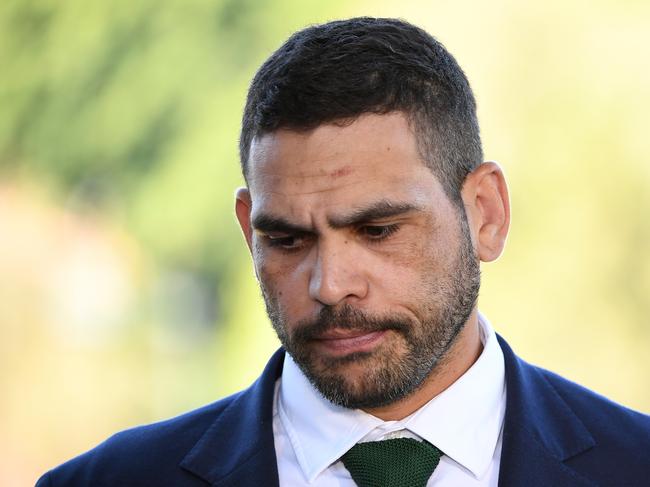
Opinion
Don't miss out on the headlines from Opinion. Followed categories will be added to My News.
JUSTIN Hodges played 14 Origin games beside Greg Inglis in the centres for Queensland and says he is there to back up his troubled mate any time he needs it.
Inglis has been admitted to a Sydney rehabilitation clinic following his recent retirement and is being treated for alcohol and depression issues, the latest star sportsperson to struggle with the end of their golden time in the spotlight.
Countless sporting greats, who could conquer all in the field of play, have struggled with a feeling of hopelessness once the cheering stops.
It’s often said that professional athletes die twice, the first time when they retire. Two years ago, the international sporting world was rocked by the suicide of former Wallaby Dan Vickerman who, despite appearing to have all the trappings of success, passed away at 37 leaving behind a wife and two children.

Soccer great George Best drank himself to death in retirement and Paul Gascoigne came close. Swim stars Grant Hackett and Geoff Huegill also struggled once the cheering faded. Boxer Mike Tyson blew $400 million.
Inglis’s dramatic fall has been highlighted by a lost weekend of drinking in Brisbane following his sudden retirement through injury and his recent split from wife Sally, the mother of two of his three children.
Hodges said despite his stumbles, the rugby league great had a huge network of support to help him back to his feet.
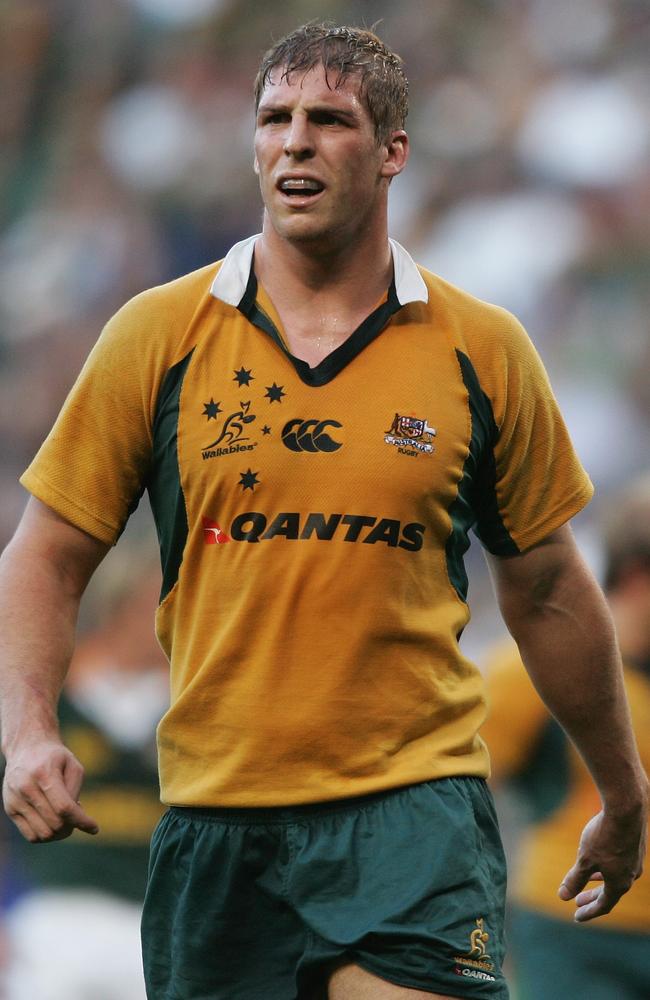
``Greg has been a great friend to me and he’s obviously going through a very difficult time,’’ Hodges said. ``I’ll help Greg in any way I can. He’s booked himself into rehab and I know he will give it 100 per cent. I am sure he will come out of it on the other side as a great role model for other athletes and for people struggling with mental health issues.’’
Hodges said it was crucial for Inglis ``to keep his mind busy’’ in retirement.
``It’s very tough for a lot of sportspeople when they’ve had a big career and it’s taken away from them. I was very lucky because I went from playing at the Broncos straight into a role there helping young kids, working at Fox Sports and becoming the assistant Origin coach. My mind is constantly occupied.
``All athletes have to think about their futures when they finish playing because most careers are not very long.’’
It’s a sentiment echoed by Inglis’s cousin Preston Campbell, a Premiership winner and Dally M Player of the Year, who says the emotional pitfalls post-football can be like a minefield.
After Inglis announced his retirement last month due to multiple injuries, Campbell told ABC Grandstand: ``He was a giant in the game and sometimes he is going to feel like a small fish.’’
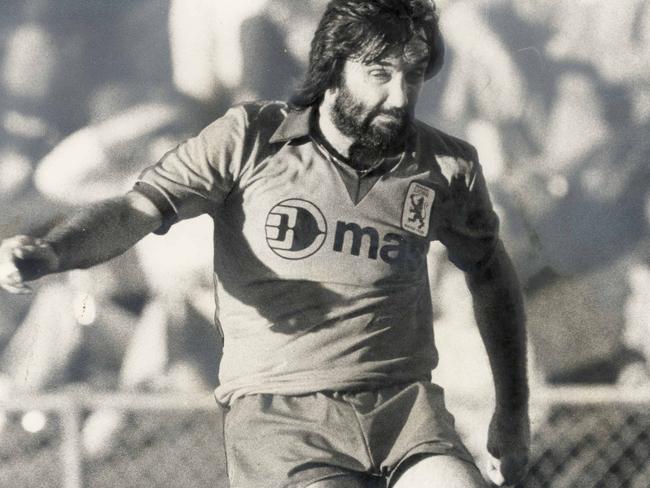
Campbell encouraged Inglis to become involved more and more as an ambassador for the game, particularly in Indigenous communities.
Two years ago, Vickerman’s death sparked a probe into the great sickness of professional sport with many athletes revealing that after years of focus and sacrifice there was emptiness in their lives when the game was up.
Brendan Cannon, former Wallaby and a friend of Vickerman’s, told the Four Corners program that coping with retirement was tougher than any game.
``The moment you get told you can’t play rugby anymore the light goes out,’’ he said. ``You’ve still got your uniform on, you’ve still got your boots, you’ve got no-one to play with. Nowhere to go and you’re in utter darkness.”
While many athletes are highly paid, they face unique stresses, including weekly public performance reviews and career-ending injuries that can quickly turn off the financial tap.
Last year a survey by the BBC in England, revealed that more than half of 800 former professional sportspeople interviewed had concerns about their mental or emotional wellbeing since retiring, saying they felt a loss of identity as well as ``regret’’ and ``devastation’’.
An American survey in 2009 found that after being retired from the NFL for two years, 78 per cent of American footballers were bankrupt or under financial stress because of joblessness or divorce. Within five years of retirement, an estimated 60 per cent of former NBA basketballers were broke.
Sports psychologist Gayelene Clews has said that when elite athletes retire they experience a rapid drop in the levels of ``feel good’’ chemicals in their brain such as dopamine.
She said the withdrawal symptoms caused by sudden retirement could be like ``coming off something like cocaine.’’
If you or someone you know needs help, call Lifeline on 13 11 14 or visit lifeline.org.au

